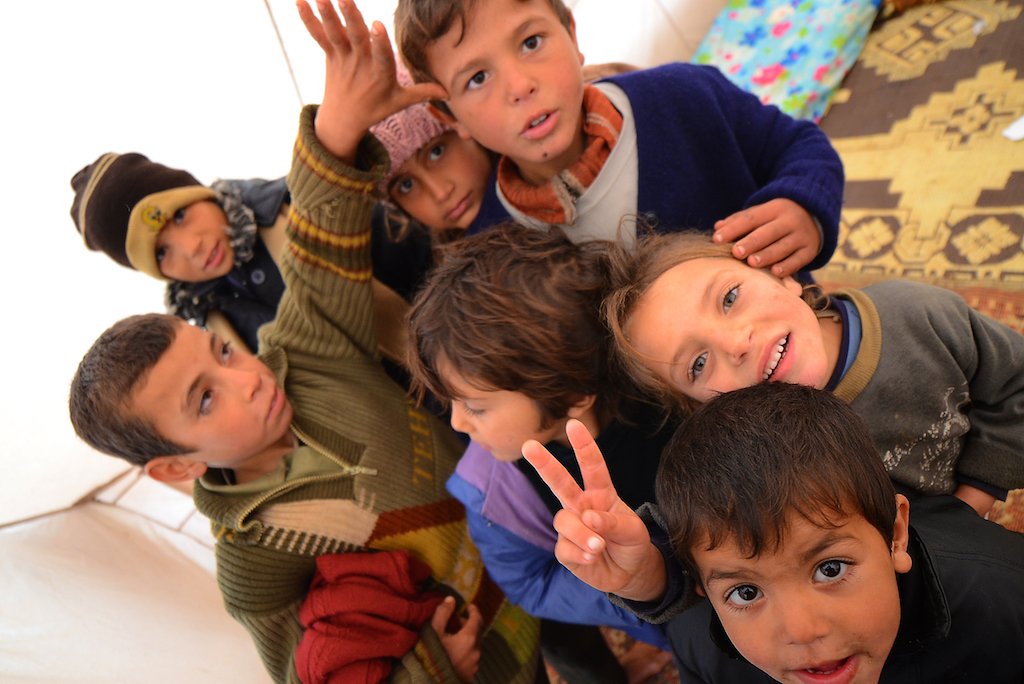The Roma community in Turkey, considered to be one of the country’s most socially marginalized and economically underprivileged communities, has been directly affected by the COVID-19 pandemic economically as their sources of income have dwindled, the Ahval news website reported.
The majority of Roma did not have a regular income before the pandemic, and their income depended on collecting recyclables, playing street music and selling flowers. Amid the pandemic and the curfews, the Roma community has found it difficult to continue working and feel condemned to increasing poverty.
Fahrettin Şinnik, a Roma flower seller, said they could no longer make ends meet. He said they had not been able to pay their bills and rent for several months. “My income depended on selling flowers,” he said. “But now nobody wants to open their car windows and buy flowers although we wear masks and gloves to ensure some level of hygiene.”
His wife Necibe Şinnik added that most days they were hungry. The Şinnik family is not alone as other Roma, whose livelihoods depended on recycling, said they were cut off from their only source of income with the new measures.
İlhan Meşe, a paper collector who lives in İstanbul, said because of COVID-19 measures, they were no longer able to continue. An added difficulty came after the government prohibited individuals over 65 years of age from going outside in an attempt to limit the spread of the virus. Meşe risks facing a fine each time he steps outside his front door as he is older than 65.
He said he had no choice and that his new source of income was collecting masks that were thrown on the streets. “I collect masks and properly dispose of them to avoid the spread of the virus,” he said. “Think about it: I depend on collecting possibly infected materials!”
Meşe said he collects the masks and other materials and sells them to recycling and garbage companies. He added that he faced a dilemma: either stay home and comply with the rules at the risk of extreme poverty, or go out to work in unsanitary conditions at the risk of being fined.
Elmas Arus, the chairwoman of the Zero Discrimination Association, said this dilemma was quite common and that they had observed an increase in fines issued to street vendors, flower sellers and scrap collectors during the pandemic.
“Most fines issued to people working on the streets were given to Roma because most of these jobs are done by them,” she said, adding, “They are victims of poverty.” Arus also claimed that Roma men have been subjected to increasing police harassment.
Losing income is not the only problem the Roma have to deal with during the pandemic. Most Roma children have lost access to education because they cannot participate in remote learning. Turkey’s remote education system EBA TV does not work on old televisions.
Many Roma households do not have the broadband Internet necessary to watch online classes, according to Hacer Foggo, founder of Deep Poverty Network. She added that “thousands of children were locked out of education for six months, and there is still no good solution in place.”
Arus pointed out that before the pandemic, 60 percent of Roma children had access to education, which has decreased to 15 percent since the start of the pandemic.
According to data obtained by various NGOs, decreased access to education has led to increased child marriages. In the current situation 34 neighborhoods with Roma populations have noted a spike in child marriages, according to Arus.
The World Dictionary of Minorities and Indigenous Peoples said the Roma community in Turkey lives mostly in ghettos. Poverty and social exclusion are widespread among the Roma, and the majority are subjected to discrimination with regards education, employment and housing. Earlier this year, the Council of Europe urged Turkey to take steps to stop the further marginalization of the Roma amid the pandemic.














